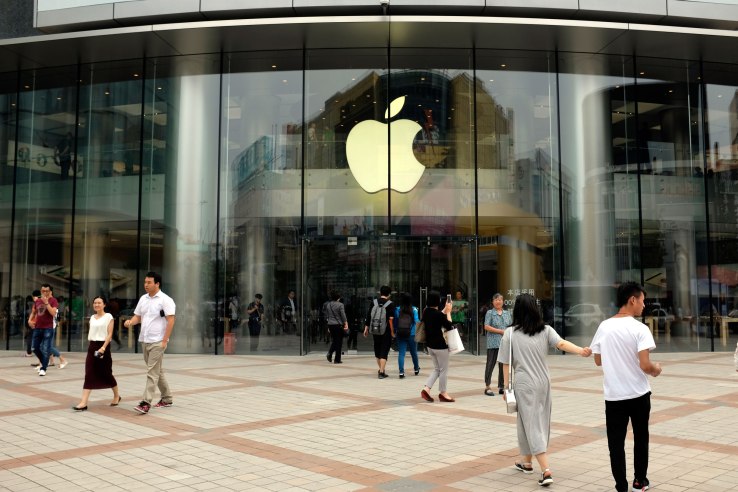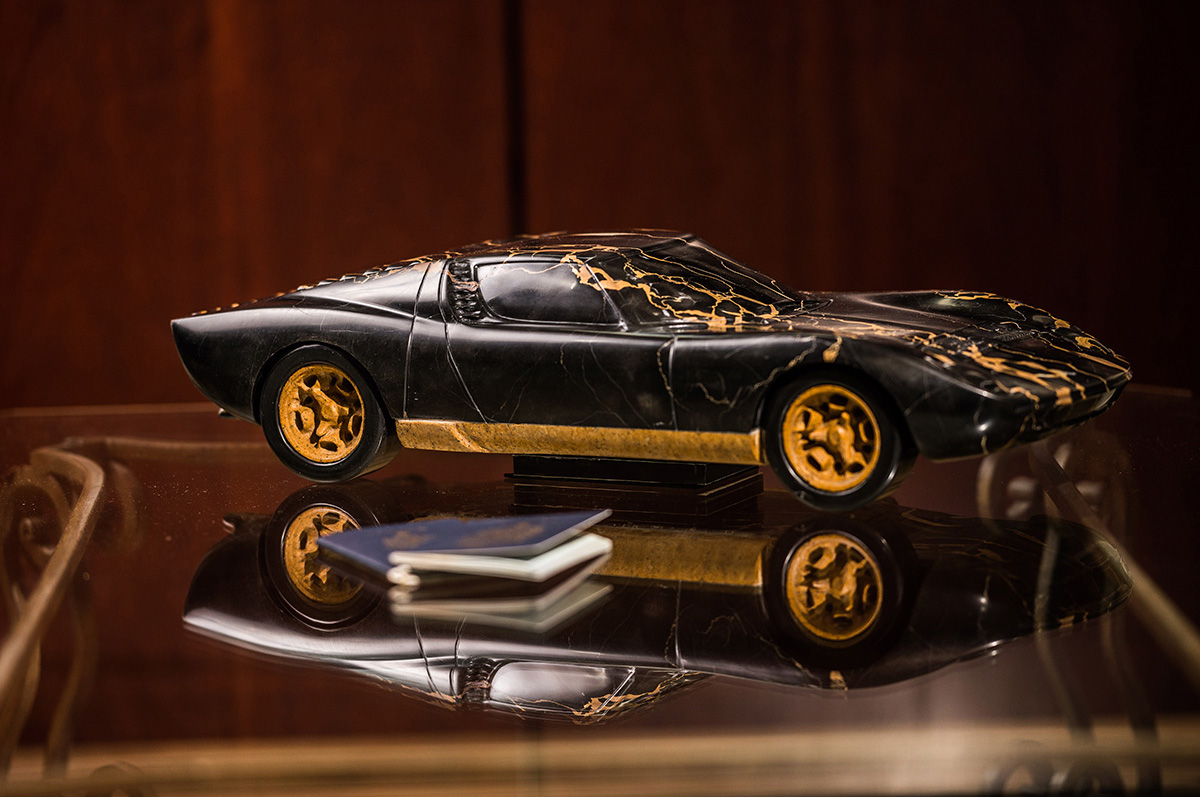
Volkswagen settled its diesel deception involving almost 500,000 U.S. automobiles, paying dearly to satisfy car owners affected by the emissions scandal.
What it hasn’t done is make whole its very best customers — those who own its pricier brands, which nevertheless run on smog-spewing engines.
Anand Jobalia, a hotel and home developer in Daytona Beach, Fla., is still paying $1,300 a month on his 2014 Porsche Cayenne. The SUV originally cost $81,531. Now he can’t find a buyer willing to offer more than $42,000, including the Porsche dealership where he bought it.
“I’d have a very hard time buying another Porsche at this point,” Jobalia said. “When you spend this kind of money, the least you can expect is some communication when something like this happens.”
Volkswagen has agreed to fork over about $10 billion in a settlement with U.S. regulators to buy back most of its dirty diesel models at generous rates. But that deal applies only to the company’s 2.0-liter diesel engine, a staple of Volkswagen’s eponymous product line, Jettas, Passats, and Beetles. The company has yet to address the emission cheating in its larger, 3.0-liter diesel engines, which were bolted into Porsches and Audis that cost two and three times more than an entry-level Volkswagen.
In addition to Porsche’s Cayenne, the larger diesel engine went into recent Audi sedans –A6, A7, A8; Audi SUVs — Q5, Q7; and the Volkswagen Touareg. It was particularly popular among Porsche fans. At one time, diesel Cayennes accounted for 15 percent of U.S. Porsche sales.
All told, roughly 85,000 vehicles are waiting for resolution on the larger engine. Joe Rice, a South Carolina attorney appointed to represent the class of plaintiffs, contends that Volkswagen is being more nonchalant this time around.
“These owners are very frustrated, and they feel like they’ve been abandoned,” Rice said. “Granted, Volkswagen has had a lot on their plate … but it’s self-inflicted, and they just need to gear up and deal with it.”
James Kohm, director of enforcement at the U.S. Federal Trade Commission, said an appropriate resolution would be a settlement similar to the one hammered out for the smaller engines. Volkswagen, however, hasn’t started negotiating over its Porsches and Audis.
“Right now, we’re in litigation mode,” Kohm said. “And we think we have an extremely strong case.”
Although far fewer customers are still awaiting a payout, they paid far more for their cars. The sticker price on a 2015 diesel Jetta started around $21,640, while a diesel Cayenne went for almost triple that amount. Audi’s Q7 commanded at least $53,400 in the 2015 model year. “It’s a big case,” Kohm said. “You’re still talking about billions of dollars.”
‘Working cooperatively’
Porsche said in an e-mailed statement that it “continues working cooperatively with all regulatory authorities.” Audi sent a similar statement.
The longer the scandal goes on, the more likely it is to tarnish the company’s blue-chip brands. After all, there’s no scarcity of choice for someone looking to spend more than $50,000 on a vehicle. Porsche, in particular, is Volkswagen’s treasure. It’s still seen as the architect of both the best-performing cars and the best-built cars. In J.D. Power rankings, the brand tops the list on performance and design and is second only to Lexus on dependability.
Car aficionados tend to get a bit breathless when they talk about Porsche. And they aren’t wrong. Close the door on a contemporary Porsche, and you’ll know what they’re talking about. It’s a six-figure “thwump” that sounds as if it were designed by NASA.
Porsche is also one of the world’s most profitable car companies. Part of that is a result of the price premium commanded by its brand. But it also comes from the clever engineering of a massive conglomerate: Porsche engineers can occasionally tuck Volkswagen parts under all its lustrous metal. A chassis here, a turbo there, or, in the case of the Cayenne, a devious diesel engine.
Reputational protection
Porsche wisely never put the pilloried engine in any of its sports cars, which no doubt will help it maintain some momentum through the diesel fallout. The Cayenne, to purists, is a kind of a compromise — a junior-varsity Porsche, or perhaps a Porsche Light. The line workers in the brand’s Slovakia plant could bolt old Pontiac Aztek engines into the Cayenne, and thousands of the Stuttgart faithful would still clamor for a 911.
Indeed, Porsche-pining doesn’t seem to have slowed much. In the 11 months since the VW diesel scandal broke, Porsche sold 5.2 percent more cars than in the year-earlier period, even without diesel SUVs. And for Audi, sales barely dipped over the same period.
Nevertheless, our Florida home developer won’t be buying another Porsche. Jobalia has been hankering for another sports car, something similar to the 911 he owned. But if he decides to treat himself, he says, the first test drive will be in a Maserati.
Read more: http://www.autonews.com/article/20160818/OEM11/160819830
Get in touch with us anytime if you would like a cash for cars quote
The post Porsche drivers fume: Where’s our VW diesel payout? appeared first on http://dublin.cashforcarsireland.com/
via Cash For Cars - Locations http://dublin.cashforcarsireland.com/porsche-drivers-fume-wheres-vw-diesel-payout/








